Anthony Albanese unveils Labor’s major shadow cabinet reshuffle
Anthony Albanese declares he will be Prime Minister after next election as reshuffle aims to repair Labor internal divisions.
Anthony Albanese has put Labor’s COVID-19 response in the hands of his deputy, Richard Marles, and key ally Mark Butler in a wide-ranging frontbench reshuffle aimed at uniting the party and winning votes.
Mr Butler, who has been handed health, effectively swaps portfolios with the NSW Right’s Chris Bowen who takes the contentious climate change portfolio and the task of soothing tensions between the party’s blue-collar base and environmentalists.
In an about-face on his plan late last year to mirror the Morrison government’s minimalist reshuffle, the under-pressure Opposition Leader shifted personnel in the key areas of health, aged care, climate change, resources, skills, agriculture, defence, innovation and science.
Mr Albanese invoked the US presidential victory of Joe Biden to insist “I will be leader of this country after the next election’’.
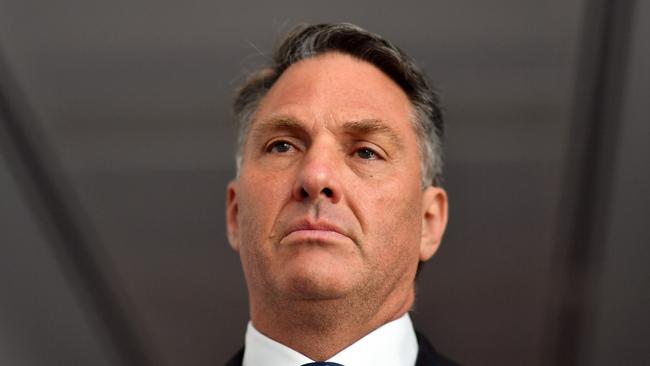
Mr Albanese moved on the reshuffle two days earlier than planned after elements of the shake-up leaked. Pressure on his leadership has grown in recent weeks, with predecessor Bill Shorten criticising his “tiny’’ policy agenda and other MPs privately questioning his tactics on a range of issues, including the Australia Day date.
“This reshuffle is about Australians getting the most out of Labor. The easy choice … is to not make many changes and just keep things as they are,” Mr Albanese said. “I’m absolutely determined, and events this year have reinforced my view, that I will do the right thing, not necessarily the easy thing.”
Deputy Labor leader Mr Marles, the party’s most senior Right faction MP, has been elevated from defence to take on a super portfolio focused on the post-COVID-19 recovery.
His new responsibilities give him a roving brief, including employment, skills, small business and science, and put him at the centre of Labor’s domestic debate.
“If we are going to become a hi-tech manufacturing country which generates the kind of jobs that we need, if we’re going to become a country like Korea or like Germany, we are simply going to have to change the way in which we see science,” Mr Marles said. “Science is going to have to become front and centre in our national discussion.”
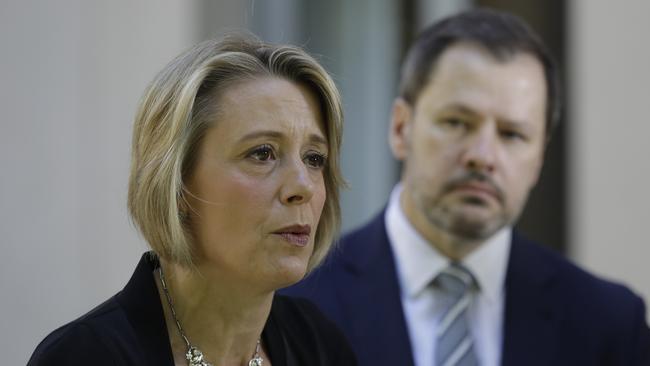
Victorian Left MP Brendan O’Connor will shift to defence while West Australian Right MP Madeleine King adds resources to her trade responsibilities.
NSW Right MP Ed Husic, brought into shadow cabinet in November to replace Joel Fitzgibbon as agriculture and resources spokesman, has taken over innovation and industry.
Some Labor MPs believe Mr Albanese sidelined MPs he believed were not supportive of his leadership.
Tanya Plibersek, a leadership rival, had vocational training and skills stripped out of her eduction portfolio, while outspoken Right faction MP Clare O’Neil was demoted to a junior ministry within the aged-care portfolio.
Eyebrows were raised internally that Treasury spokesman Jim Chalmers, considered a potential future leader, was listed as seventh on the shadow ministry list despite having a leading portfolio.
Dr Chalmers will share some responsibilities for Labor’s plan for the economic recovery with Mr Marles under the reshuffle.
“That was a stupid thing to do to Tanya,” one Labor MP said.
“It was vindictive and petty.”
Another MP said the reshuffle was a “desperate” attempt by Mr Albanese to avoid a challenge to his leadership in coming months.
Amid major changes in the overhaul, Mr Butler, a key Left faction backer of Mr Albanese, was shifted out of the climate change portfolio and appointed spokesman for health and aged care while Tasmanian MP Julie Collins was moved from aged care to agriculture.
Mr Albanese, who last year strongly backed Mr Butler to remain in the climate change portfolio after calls for him to be moved by Hunter MP Mr Fitzgibbon, said he has changed his mind after reflection over the Christmas break. He backed Mr Bowen, a former treasurer, to successfully argue that taking action on climate change was an economic opportunity.
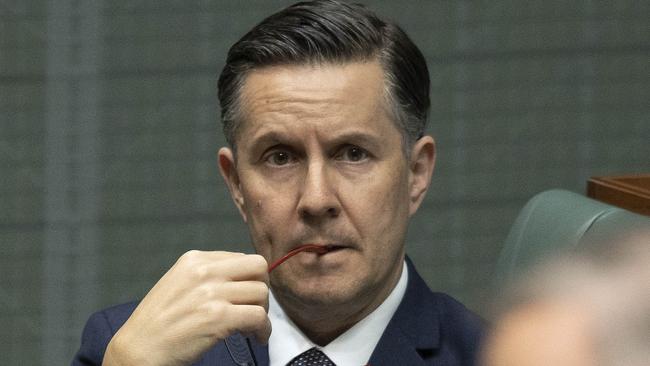
Comparing himself with Mr Biden, a seasoned parliamentarian and former vice-president who defied critics to became his nation’s leader, Mr Albanese said his new team would “get the most out of Labor” and win the next election amid internal concerns the party was on track to lose seats under his leadership.
“I can think of a couple who told me it was absolutely certain, that Donald Trump would win re-election. Absolutely certain,” Mr Albanese, a former deputy prime minister, said. “But a bloke who was a former deputy leader and an experienced politician who had held a wide range of portfolios and who was underestimated by some is now President of the US. And I will be the leader of this country after the next election.”
Mr Fitzgibbon said Mr Butler’s move away from climate change would help the party refocus on its traditional base. “It will send the right message,” he told the ABC.
Mr Albanese said Labor would take an ambitious climate change policy to the next election but he has not committed to outlining a medium-term emissions policy before the election. “Chris Bowen has a very strong position on climate change. I have a strong position on climate change,” he said. “There is no way a Labor government I lead won’t take action on climate change. Zero possibility.”


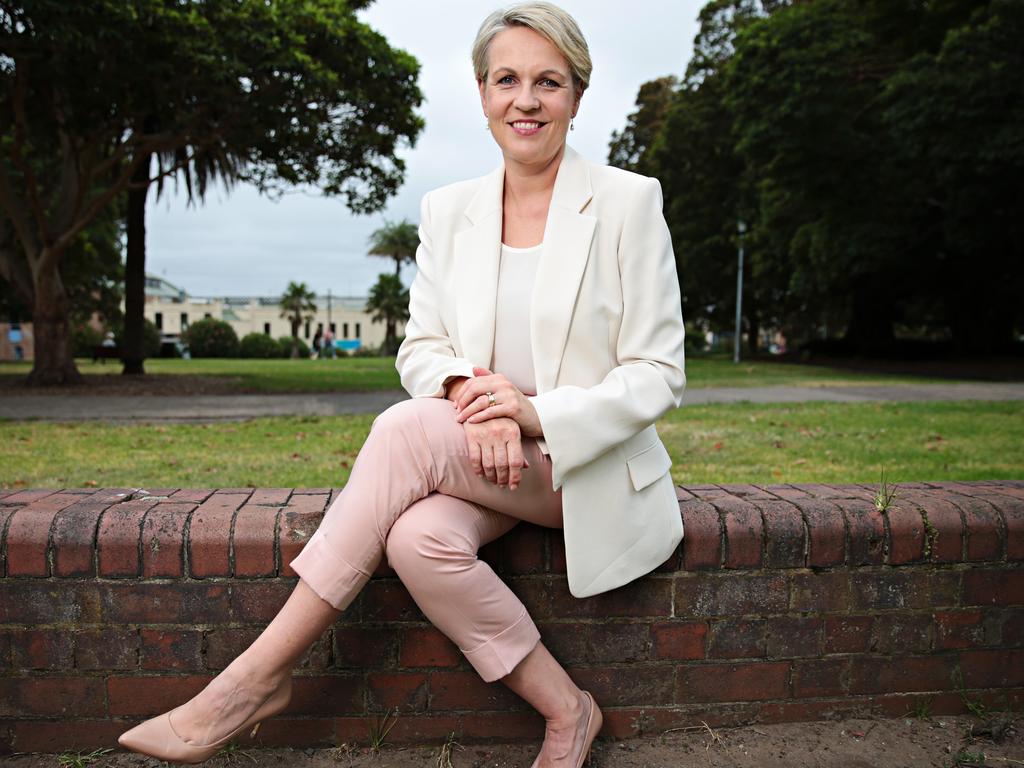
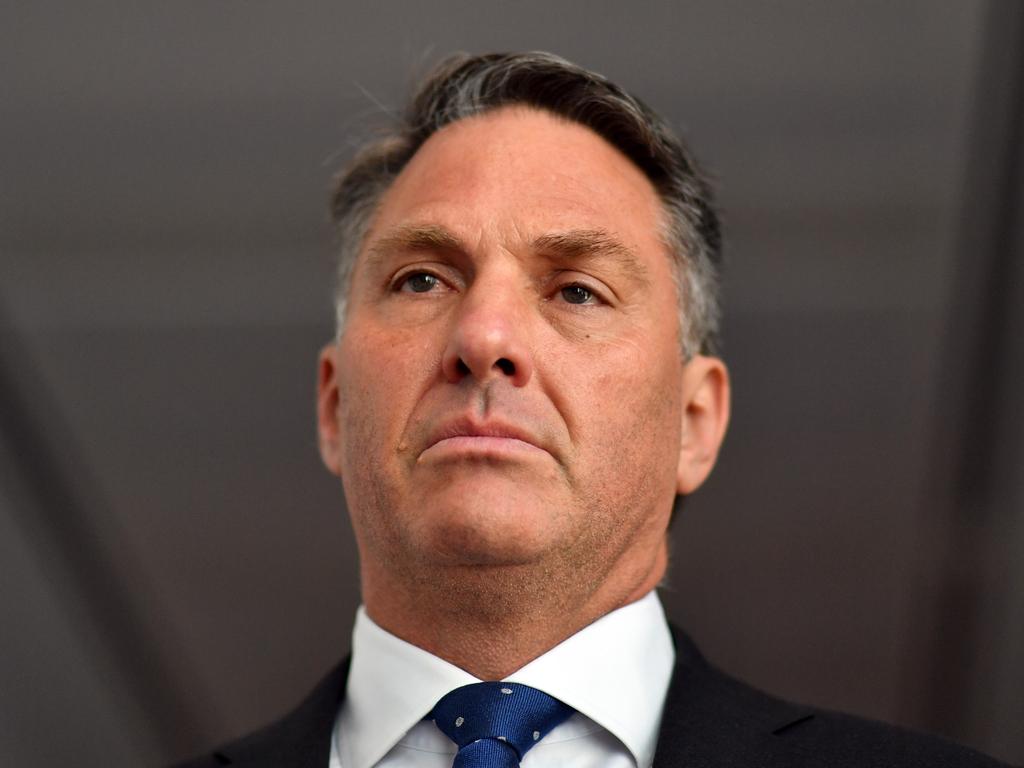
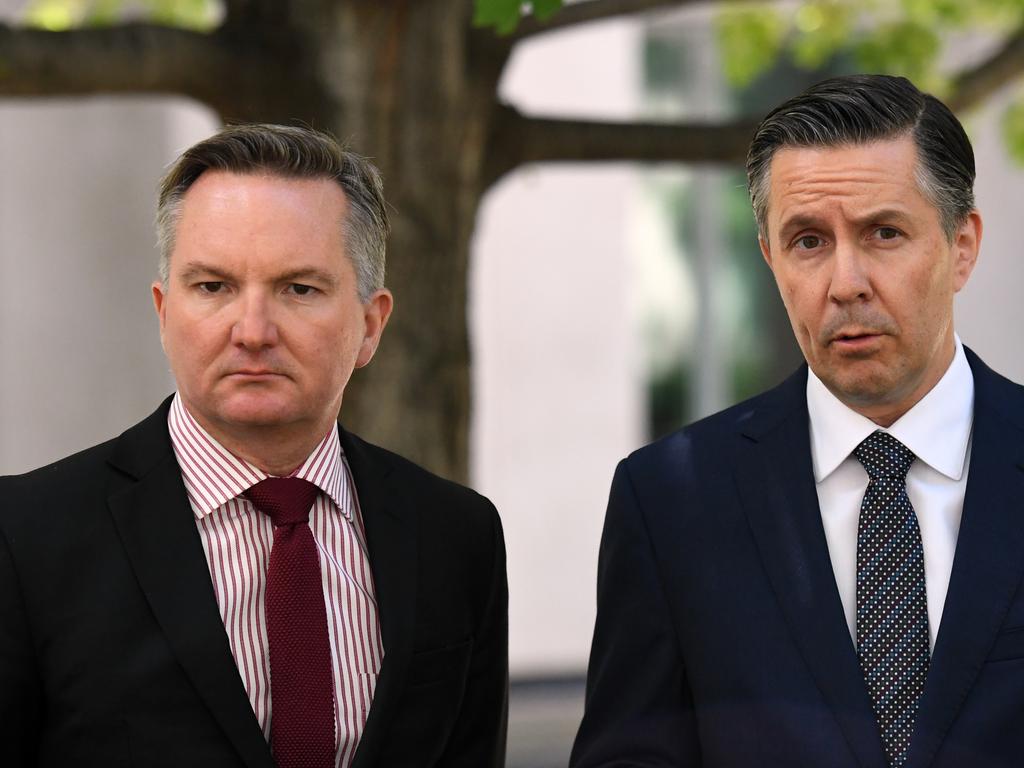



To join the conversation, please log in. Don't have an account? Register
Join the conversation, you are commenting as Logout